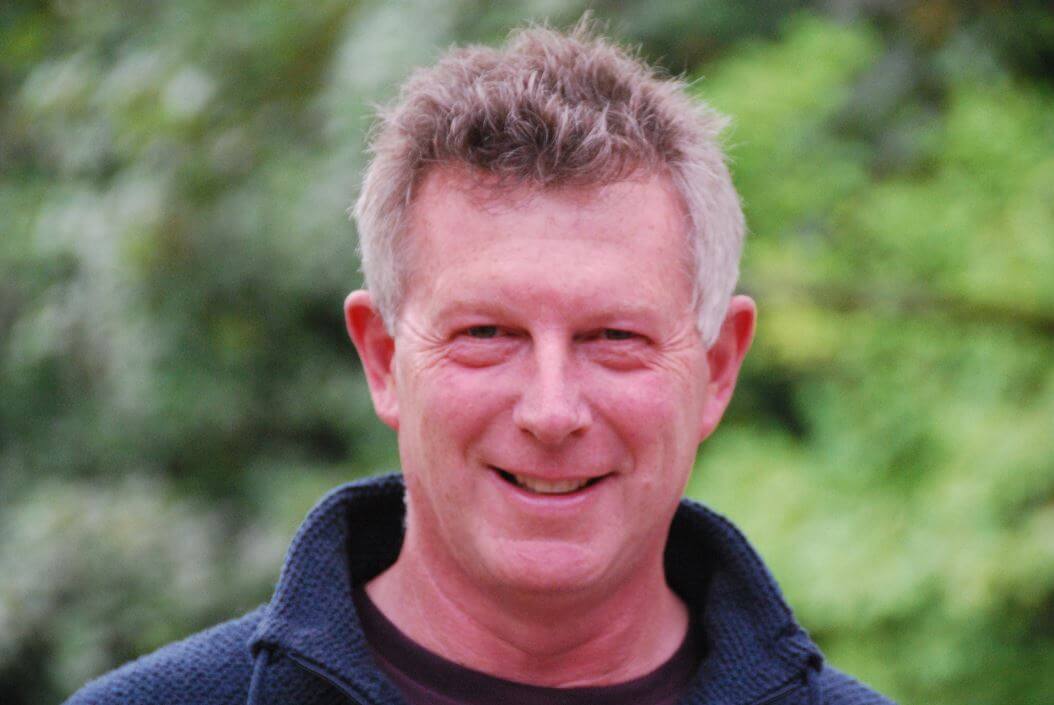Search Conservation Careers Advice Archives
Search through hundreds of conservation careers advice articles, interviews, tips, guides and more using the search bar below. Search by employer name, location, job title, species name, theme and much more!
Choose your Ultimate Guide
Our Ultimate Guides give you in-depth answers to your top questions about working in conservation. From the 15 key conservation job types, to the top paid and free internships, to how to apply for jobs, you’ll find it here.
Click the button below to choose from our growing selection of free careers guides, and get them sent straight to your inbox to read later.
Latest | Careers Advice
It takes courage to ask for help. Even more so when that person is a stranger. Harder still to ask for expensive …
“My passion is to communicate the wonders of the natural world to the widest possible audience”, said Stephen Moss, one of Britain’s leading …
Breaking into the field of Marine Biology as a recent grad can be daunting and you’ll likely encounter many rejections. “Sorry you don’t have enough …
Sophie Lewis is the Responsible Whale Watching Project Manager at the World Cetacean Alliance (WCA). The WCA is a global coalition of …
As we walk through life we sometimes don’t know where our current path will take us. Will it be meaningful, and what …
Founder of the World Land Trust, a charity which has been running for nearly 30 years; more than a decade as Chief …
Conservation Careers Blogger Sarah Blake shares her opinions, experiences and frustrations of hunting for a conservation job, to encourage you not to give …
Today is International Women’s Day (2018) and we felt it timely to celebrate the increasingly important role played by women in the …
Growing up as a young boy in South Africa, aspiring to be a game ranger, Robin Cook is now contributing to a …
Lexie Beach is the Communication Coordinator with Sea Turtle Conservancy, the world’s oldest sea turtle research and conservation group. For nearly 60 …
Biodiversity Ranger Cassie Mealey talks about her work with some of New Zealand’s rarest kiwis. The Haast tokoeka is one of …
Oh My! Advice from Panthera’s Dr Wai-Ming Wong on producing a strong grant application. If you love your cats big (and small) …
This week Rachel Louise Gunn talks to Dr Dan Exton from Operation Wallacea (Opwall). Dan is currently Head of Research at Opwall and …
As we march into 2018, news from the conservation front-line is bleak. The earth is teetering towards its sixth mass global extinction …
In theory, the cut and thrust of the corporate world is a far cry from the ideal of the conservation industry. But, …














